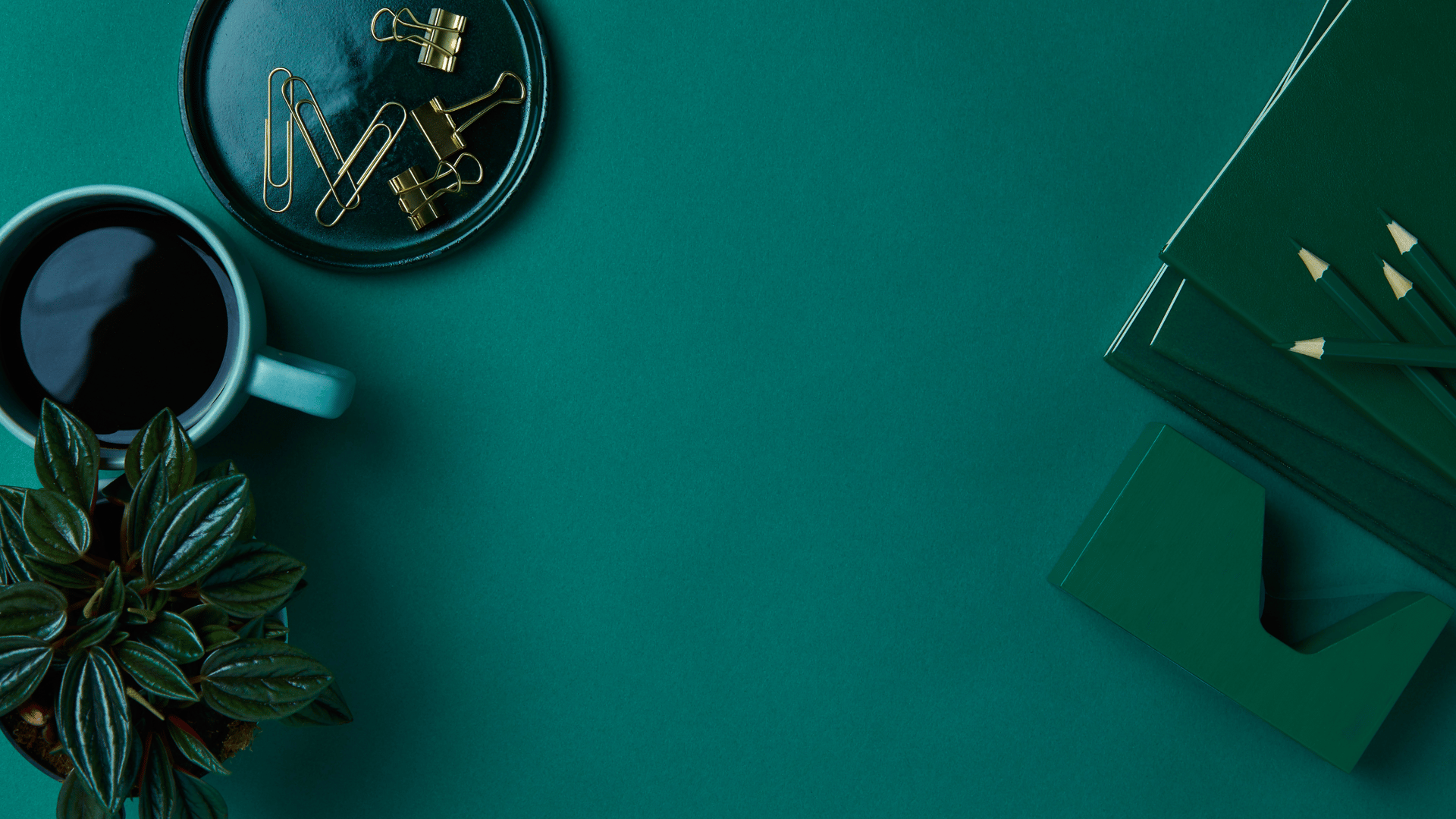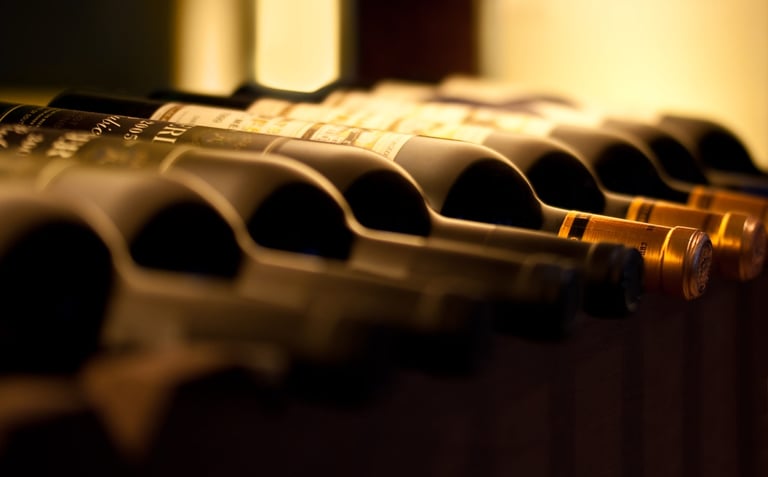
Subscribe to our newsletter
The Art of Wine Storage
Essential Tips for Preserving Your Fine Wine Investment
7/28/20232 min read


Proper wine storage is a crucial aspect of fine wine investment, as it ensures the optimal aging and value preservation of your collection. In this article, we will delve into the best practices for storing fine wines, with insights from industry experts to guide you in safeguarding your investment.
Temperature Control
Maintaining a stable temperature is vital for preserving your wine's quality. Experts recommend a consistent temperature of 55°F (13°C) for ideal storage conditions. Fluctuations in temperature can lead to premature aging or spoilage, significantly impacting your wine's value.
Humidity Levels
Relative humidity plays a significant role in preventing wine spoilage. A humidity level of 60-70% is ideal for preventing cork shrinkage and wine oxidation. Invest in a high-quality wine storage system or wine cellar that can regulate humidity to ensure your fine wines are stored in the best possible conditions.
Darkness
Exposure to direct sunlight or harsh artificial light can damage your wine, leading to discoloration or premature aging. Store your wine in a dark environment or invest in UV-resistant glass doors for your wine storage system to protect your collection from harmful light exposure.
Proper Orientation
Always store your wine bottles horizontally. This orientation ensures the cork remains in contact with the wine, preventing it from drying out and allowing air to enter the bottle, which can lead to oxidation and spoilage.
Vibration-Free Environment
Vibrations can disturb the natural aging process and the sediment in the wine, impacting its quality and taste. Avoid placing your wine storage system near appliances or areas with heavy foot traffic to minimize vibrations.
Adequate Ventilation
Good ventilation is essential for preventing mold growth and musty odors that can affect your wine's quality. Ensure that your wine storage area has adequate air circulation and is free from strong odors that can seep through the cork and taint the wine.
Organization
Organize your wine collection systematically to easily locate and access specific bottles when needed. Consider cataloging your collection using a wine inventory management system or app, making it easier to track your wine investments and their maturity dates.
Insurance
Don't forget to insure your fine wine collection. Wine is a valuable and often irreplaceable asset, so it's essential to have comprehensive coverage in case of accidents, theft, or damage.
By following these essential tips and investing in proper wine storage solutions, you can preserve the quality, taste, and value of your fine wine collection. In turn, you'll enjoy the fruits of your investment, whether you're sipping on a perfectly aged bottle or reaping financial rewards in the fine wine market.
